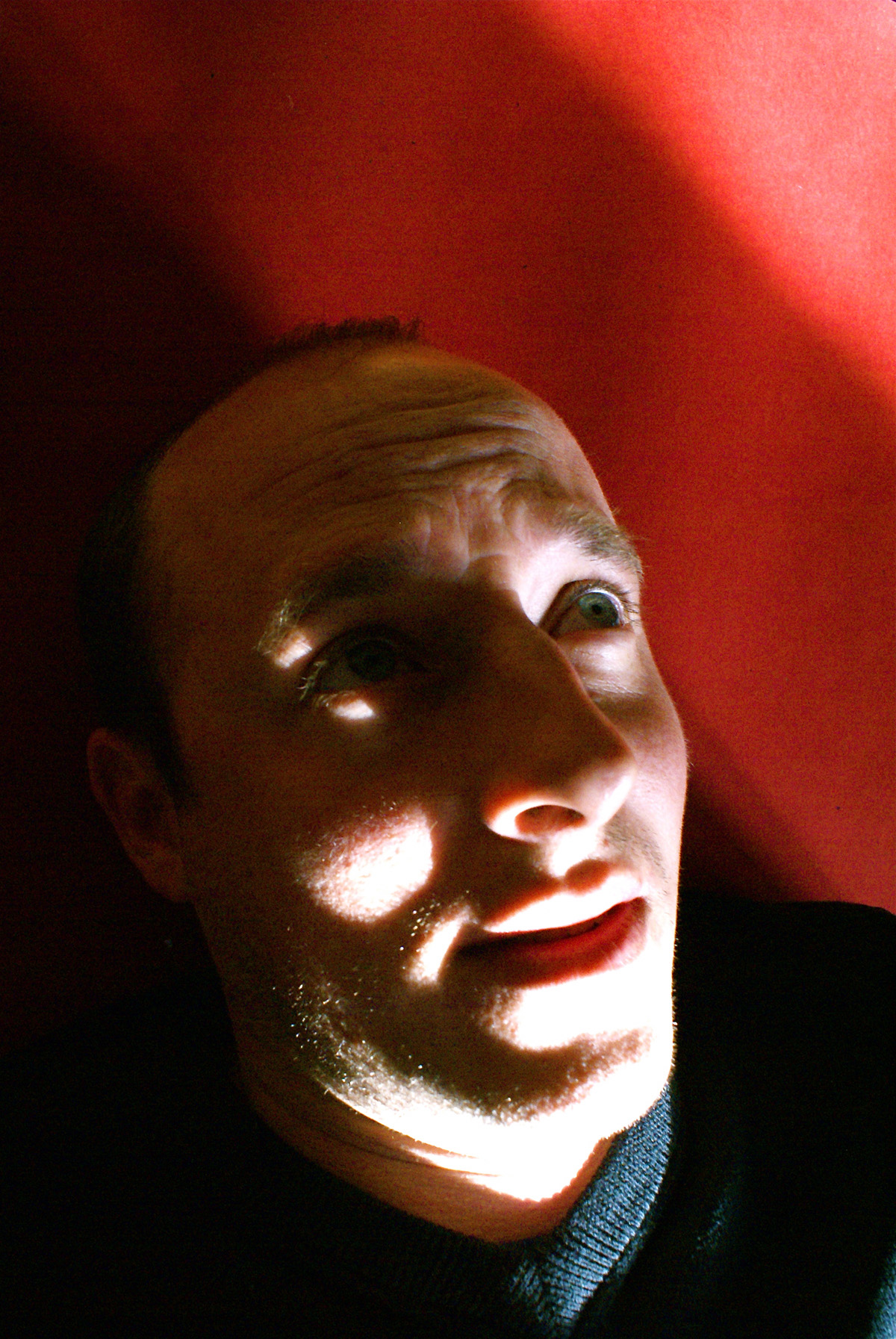A Crisp New Take on ‘Crime and Punishment’
Theater critic and performer Jaime Kleiman offers an engaging preview of Ten Thousand Things' new stage adaptation of Dostoevsky's classic tome -- RASKOL by Kira Obolensky.

FYODOR DOSTOEVSKY HAD AN ACTIVE IMAGINATION BUT HE PROBABLY NEVER IMAGINED THIS: a musical version of his seminal work, Crime and Punishment, performed with seven actors and three improvisational jazz musicians. But this is exactly what Ten Thousand Things Theater Company is doing, and they’re doing it in prisons, homeless shelters, and other low-income centers. The company has never shied away from risqué subject matter for their unconventional audiences, and this production, Raskol, is certainly no exception.
The project came about as a result of TTT’s first national playwrighting contest, which was inspired by the question, “What if EVERYONE were in the audience?”, explains TTT artistic director Michelle Hensley. “The idea behind it was this: we’d like to do more new plays, but in a lot of contemporary plays, I think — unconsciously at least — the playwrights write for an upper-middle class audience, because that’s generally who goes to theater. Many of these contemporary plays wouldn’t be interesting to the larger audience we serve, lower income people with really varied backgrounds. This was our question to playwrights: if you knew your audience was going to be comprised of immigrants, low income people, what would you write?”
Minneapolis-based playwright Kira Obolensky‘s answer to that challenge was Raskol, an adaptation based on Dostoevsky’s epic tome, and Hensley ate it up. “Kira chose this big story and big stories tend to work really well for Ten Thousand Things,” says Hensley. Obolensky, who is of Russian heritage, “picked up right away on the need for humor and the funny bits of a play,” which are desperately needed when you have a plot that veers towards the grim and existential. “Our take on it is that every human being is responsible for some act that causes someone else enormous pain unjustly; everyone has committed a crime,” says Hensley. “The [goal] was to try to escape the overwhelming darkness of the story, because so much of the book consists of the characters’ internal wrestling with themselves.”
In other words, though Raskolnikov’s motives are confused and his crime-murder-is extreme, his mental state is nonetheless relatable. To some extent, we are all guilty of something. The difference between a Raskolnikov and a free man might not be a matter of intention, but rather one of awareness.
________________________________________________________
“The world of the play resonates because it’s so similar to this one: a lot of people out of jobs, a lot of hungry people on the street.”
________________________________________________________
Says Obolensky, “I think this particular story felt really resonant to me because of the world in which it takes place, a world where there’s great disparity between rich people and poor people. It feels quite similar to our own — a lot of people out of jobs, a lot of hungry people on the street.” Obolensky is known for her droll yet discerning work, with plays like Hate Mail, Lobster Alice, and Ten Minute Plays for the Guthrie under her belt.
True to form, Raskol is a taut, surprisingly funny script that cuts to the essence of Crime and Punishment, trimming the 700-page novel to a crisp 80 pages. The idea to have songs came about organically, as a way to theatricalize the characters’ inner monologues (of which there are quite a few). The cast consists of Kris Nelson as the tormented Raskol, Tracey Maloney as the religious prostitute Sonya, Charles Schuminski as detective Perfidy, with an ensemble of Lisa Clair, Craig Johnson, Luverne Seifert, and Karen Wiese-Thompson. The music is performed by composer Peter Vitale, Chris Bates, and Nathan Hanson.
The play’s leading man, Kris Nelson, ponders, “Other literary figures are iconic when representing an idea like this — but Raskolnikov’s story actually reflects all the different questions, not the answers. Ultimately, I think it’s a very respectful look at crime and a very respectful look at poverty and at society as it really is. There’s going to be a tremendous amount to learn from the people who see it.”
For many in TTT’s audiences, Raskol will be their first initiation into the world of theater, and the unique subject matter will allow them to see their own lives reflected in it. TTT shows are barebones, but what they lack in design glitz they make up for in authenticity. It’s just the actors and musicians up there, fueled by the opportunity to perform for truly engaged audiences. And, in this case, they’re fueled by the almighty ideas of a Russian writer whose time has come once again. Some themes never get old.
Performance details:
What: Ten Thousand Things presents Raskol by Kira Obolensky, directed by Michele Hensley
Where: Minnesota Opera Center, Minneapolis (various free public performance dates are available too: visit the TTT website for dates/times)
When: Shows run from May 8-24
About the author: Jaime Kleiman is a freelance journalist and actor. She has written for Mpls.St.Paul Magazine, The Rake, Twin Cities Luxury + Fashion, Pioneer Press, Minnesota Meetings and Events, mnartists.org, American Theatre, City Pages, and BackStage.com. As an actor, she has performed with Walking Shadow Theatre Company, Minnesota Jewish Theatre Company, and the Chekhov Festival, among many others. See her in Workhouse Theatre’s upcoming production of How I Learned to Drive, opening May 1.